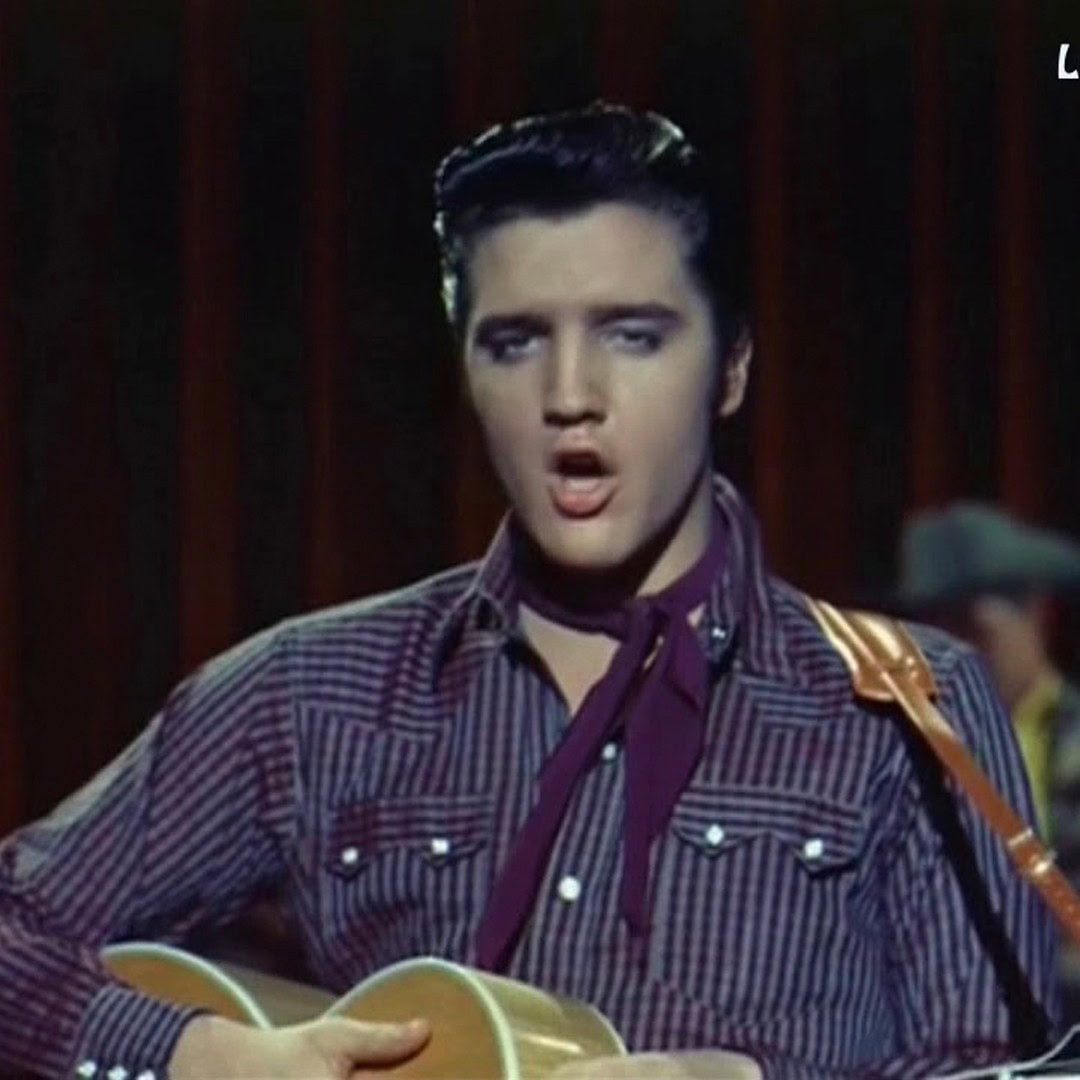
“Blue Suede Shoes” is a legendary rock and roll song penned and initially recorded by the American musician Carl Perkins in 1955. This song is widely recognized as one of the pioneering records in the rockabilly genre, a style that blends blues, country, and pop music from that era. Perkins’ original version achieved notable success, securing a place on the Cashbox Best Selling Singles list for 16 weeks and reaching the number two spot for two weeks.
Elvis Presley, one of the most iconic figures in music history, recorded his own version of “Blue Suede Shoes” in 1956. This track was featured as the opening song on his debut album, “Elvis Presley.” Presley’s rendition became incredibly popular, and he performed it multiple times on national television, further cementing the song’s place in rock and roll history. The song was also covered by other influential artists like Buddy Holly and Eddie Cochran, showcasing its broad appeal.
There are interesting stories about how “Blue Suede Shoes” came to be. In his autobiography, Johnny Cash recounted a conversation with Perkins during a tour in the South. Cash mentioned a black airman he had met in Germany, who had taken great care to avoid scuffing his “blue suede shoes.” This conversation inspired Perkins to consider writing a song about such shoes. Perkins, initially unsure, was eventually motivated to compose the song.
Another account suggests that Perkins came up with the idea while attending a dance. He noticed a young man more concerned about a scuff on his blue suede shoes than his dance partner, which amused Perkins and inspired him to write the song that night.
Perkins used a nursery rhyme as the foundation for the song, creating a catchy chorus with the lines “One for the money, two for the show, three to get ready, now go, man, go!” He recorded “Blue Suede Shoes” on December 19, 1955, with some adjustments to the lyrics, guided by Sun Records producer Sam Phillips.
“Blue Suede Shoes” remains a classic, embodying the energy and innovation of early rock and roll.
Video
Lyrics
Well, it’s one for the money two for the show
Three to get ready now go, cat, go
But don’t you step on my blue suede shoes
Well you can do anything but
Lay off of my blue suede shoes
Well, you can knock me down, step in my face
Slander my name all over the place
Do anything that you want to do
But uh-uh honey, lay off of my shoes
Don’t you step on my blue suede shoes
You can do anything but lay off of my blue suede shoes
Now let’s go cats (oh walk the dogs)
You can burn my house, steal my car
Drink my liquor from an old fruit-jar
Do anything that you want to do
But uh-uh baby, lay off of my shoes
Don’t you step on my blue suede shoes
You can do anything but lay off of my blue suede shoes
Rock it
Well, it’s one for the money, two for the show
Three to get ready now go, cat, go
But don’t you step on my blue suede shoes
Well you can do anything but lay off of my blue suede shoes
Go cat uh
Blue, blue suede shoes oh baby
Blue, blue suede shoes uh ha
Blue, blue suede shoes oh baby
Blue, blue suede shoes
You do anything but lay off of my blue suede shoes